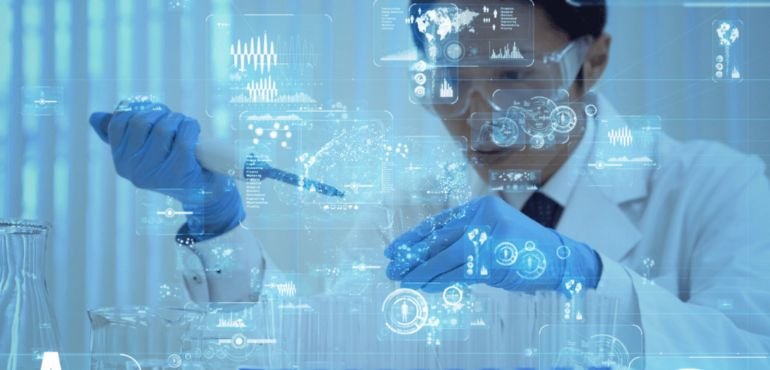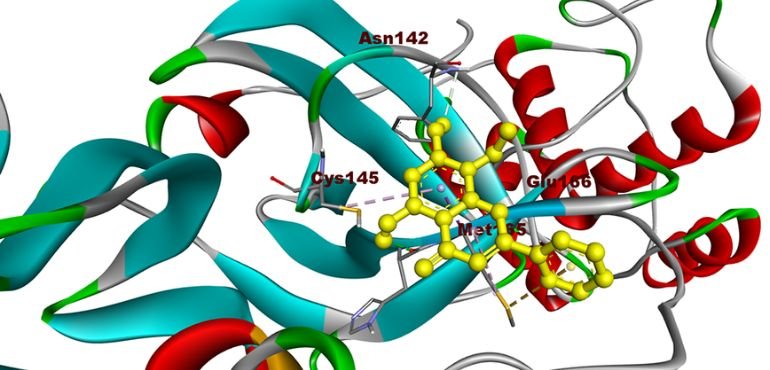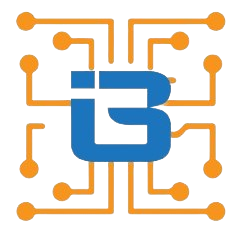AI Revolutionizing Drug Discovery
Computational techniques are revolutionizing drug discovery by streamlining procedures and improving efficiency. These techniques combine advanced programming, machine learning, and big data to predict chemical interactions, optimize lead chemistry, and identify potential therapeutic targets using computational techniques combining them to rapidly screen millions of compounds, reducing the time and costs associated with traditional methods.
Key components of computational drug discovery include molecular docking, quantitative structure-activity relationship (QSAR) models, and molecular dynamics simulations. Molecular docking allows prediction of how small molecules interact with biological targets, and leads to binding affinity occurs. It also provides insight into the mechanism. QSAR models investigate the relationship between chemical structure and biological activity, allowing prediction of the efficacy and toxicity of a compound. Molecular dynamics simulations provide comprehensive insights into the behavior of molecules over time, contributing to the efficient and effective design and manufacture of drug candidates.
Machine learning and artificial intelligence (AI) have greatly advanced computational drug discovery by improving the accuracy of predictions and pattern recognition in complex biological data AI systems can analyze large data sets to identify new drug targets, predict adverse effects, and improve drug success. This technology is especially valuable in personalized medicine, where computational techniques can tailor treatments based on individual genetic profiles and disease characteristics.
Several case studies highlight the success of computational approaches in accelerating drug discovery. For instance, AI-driven algorithms have identified new drug candidates for diseases such as cancer and Alzheimer's, significantly shortening the development timeline. Additionally, virtual screening techniques have been employed to repurpose existing drugs for new therapeutic uses, demonstrating the versatility and efficiency of computational methods.
The future of drug discovery is poised for further developments as computational techniques continue to evolve. Combining big data analytics, cloud computing, and enhanced machine learning will make drug discovery much easier. Continued sophistication and increasing biological data will enable the development of more precise and targeted drugs.
In conclusion, computational methods are transforming drug discovery by providing powerful tools for predicting, optimizing, and validating new drug candidates. By implementing advanced electronic techniques, the pharmaceutical industry can speed up the development of safe and effective treatments, ultimately improving patient outcomes and meeting medical needs if have not yet been addressed.








